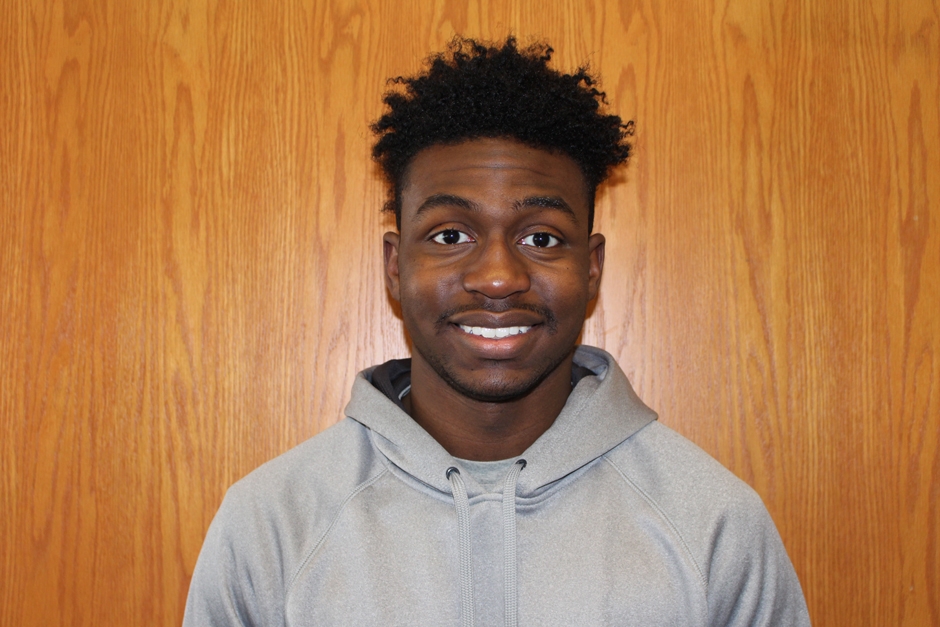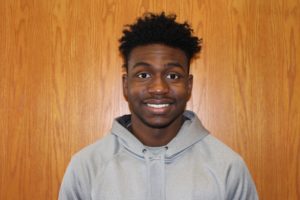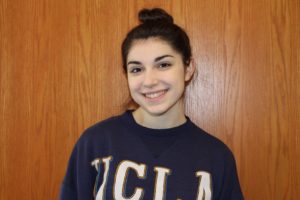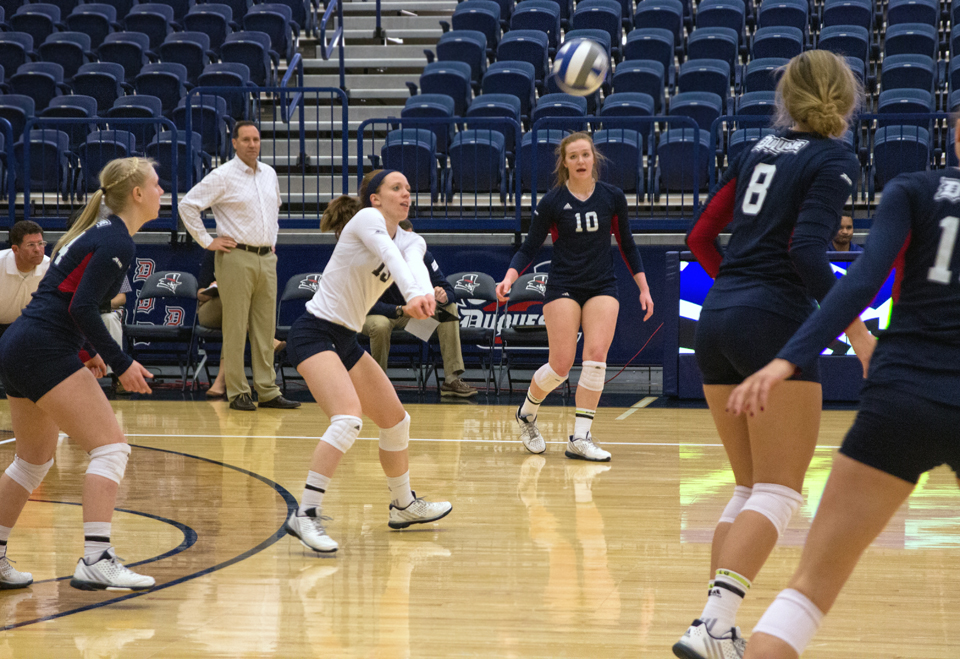

Michael Oladosu, president of the new club.
By Ollie Gratzinger | Asst. Features Editor
While Duquesne’s campus can take pride in many things, from its convenient downtown location to its hundreds of almost-all-encompassing organizations, diversity has always been something that the university could work to improve upon. College Factual estimates that out of all undergraduate students at Duquesne, an overwhelming 83 percent are white. However, there’s a brand-new club on campus that hopes to ensure success among all students, focusing especially on those belonging to minority groups.
New to the Bluff, and fronted by President Michael Oladosu and Social Chair Colette Miranda, is the Bayer School of Natural and Environmental Sciences Multicultural STEM Group, MSG for short. According to Oladosu, its aim is to “help students reach their professional goals,” no matter what those goals might be.
It may at first seem to be a simple enough objective, but academic, professional and social development often feel like a see-three-pick-two kind of deal for freshman. MSG, though, strives to provide all of the above.
The organization was started in the fall by the assistant dean of the Bayer School, Dr. Phillip Palmer, and it places a heavy emphasis on the inclusion of all students from all backgrounds to ensure that everyone can thrive at Duquesne.
“[Our main goal is] to help people succeed, really,” Miranda said. “One of the things we really wanted from this group was that if people needed help with subjects or something, we’re all pretty much in the Bayer school at this point, so we all tutor each other.”
Additionally, MSG hopes to be a resource for next year’s incoming freshman class.
“We have plans on doing a student mentorship program, which will be run by people in the organization for incoming freshman,” Oladosu added. “Just to help with that freshman gap between high school and college and to help that transition.”
Beyond the promotion of academic excellence, though, MSG strives to address the voices of minority students and bring attention to concerns that often go unheard.
“Multiple students of color had come to [Dr. Palmer] before about concerns in the past,” Oladosu said. “He saw that as an overarching theme and he saw the necessity for an organization like this, where students of color or students of different backgrounds can come together and talk about their concerns and figure out how to improve them.”

Colette Miranda, social chair of the BSNES Multicultural STEM Group.
Even though the club is based out of the Bayer School and emphasizes multiculturalism, Oladosu also said that it’s, “really all-inclusive,” and that no one would be turned away.
“We have a lot of different people who come in and help us,” Miranda said. “Everyone has something different about them that they can contribute.”
Any and all are encouraged to join if a strong support system is something that they think would be a benefit. MSG seems to offer a little bit of everything, so even if you’d rather keel over than take organic chemistry or calculus, there’s surely something in it for you.
But if science is your forte, MSG has a variety of special treats to offer up.
In addition to the up-and-coming student mentorship program and the already-in-place tutoring options, there are plans for presenting research that look ahead to next school year and the students who will be joining the Duquesne community. The goal is to encourage students to conduct their own research in fields that are of a personal or professional interest to them, and in presenting their findings to urge their peers to do the same.
According to Miranda, the organization is all about connecting its members to those who can help them succeed.
“It’s a good networking thing,” she said. “If you’re doing stuff over the summer and I’m doing stuff over the summer, we can set each other up with our mentors. You know people who know people.”
If you’re interested, clear your calendars for March 28 and come on down to the NiteSpot from 7:00 p.m. to 9:00 p.m., when MSG will be hosting an event complete with free food, information and outreach.



